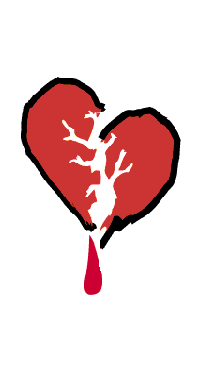Definitions:
1.failing to cite vs. copyright violation - When you fail to cite something you are not giving credit to the individua's idea, which essentially you "stole" from him/her. Copyright violation is the same idea, however, you are not attributing credit to the person who has copyrighted their work.
(Tutorial)
2. Creative Commons (CC)- an organization aimed to give the creator of the "idea" to have more freedom in terms of what they want someone to use or not use. The creator has a say in whether they want to modify that person's work or if they require having someone cite a particular part of the work. (CC website)
3. Fair Use Doctrine- is less strict and basically says they they won't hold someone liable for copyrighting every little thing. Not necessary. (Wikipedia)
4 Wiki- Wiki is a type of website that allows people to edit the collaboritive work. Hence, the name Wikipedia. (Wikipedia)
5.Social Software - software that enables people to easily communicate with each like Aim, Blogs etc. ( Tutorial)
6.Patent vs. Copyright- When a person is granted a patent (by the state) for his/her invention ( or stuff), others can't use, make, sell, import, or claim that the invention is their own. The owner of a patent, though, doesn't automatically have the right to sell or make the invention themselves--other processes are involved. Differ
Blogger: Como se dice English? :: Create Posting from the patent, I copyright grants its holder full rights to everything. The owner controls how their work is reproduced, and they also have the right to sell, amend, or do whatever they want to their work. (Tutorial and Wikipedia)
7. Digitial Millenium Copyright Act of 1998- a group who monitors anyone violating copyright laws on the internet and other technological sources. (Tutorial)
8. Project Gutenburg- aim is to put all published works into their digital library for free access. (Tutoriall)
9. Licensing- giving someone permission or entity to do something. In this case, the holder makes and agreement with the 2nd party and lay down terms of how they can use the patented piece of work. (Wikipedia)
10. Orphan Work- copyrighted work where its hard to find who the owner is. ( Wikipedia)
11.Public Domain- work is not copyrighted and anyone can use it, but you must cite your source. (Wikipedia)




